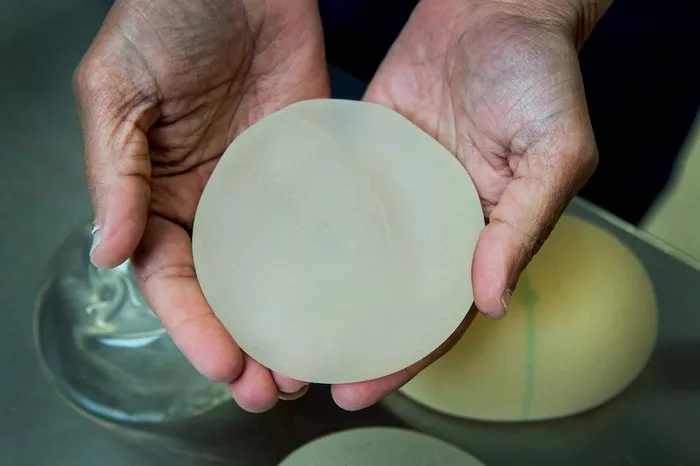Breast implants are a popular choice for women seeking to enhance the size and shape of their breasts. As with any surgical procedure, it’s important to understand how breast implants may change over time. One common question that arises is whether breast implants get softer as time goes by. In this article, we will explore the factors that can affect the softness of breast implants and provide insights into how they may evolve over the years.
Understanding Breast Implants
Breast implants are typically composed of a silicone shell filled with either saline (saltwater solution) or silicone gel. These implants are designed to add volume and enhance the shape of the breasts. The choice between saline and silicone implants depends on factors such as personal preference, desired outcome, and surgeon’s recommendation.
Initial Firmness after Surgery
After breast augmentation surgery, it is normal for breast implants to feel firm to the touch. This initial firmness is a result of the body’s natural healing process and the implant’s placement within the breast tissue. Immediately following surgery, swelling and the body’s response to the implant can contribute to a firm texture.
Softening Over Time
Breast implants can undergo changes over time, and one of these changes is the potential for the implants to become softer. Several factors can influence the softness of breast implants as time goes by:
-
Natural Settlement
Over time, breast implants may settle into a more natural position within the breast pocket. This settling can contribute to a softer feel as the tissues and implant adapt to each other. It’s important to note that the settling process can take several months, and the final result may not be apparent until after this period.
-
Capsular Contracture
Capsular contracture is a potential complication that can occur after breast augmentation surgery. It refers to the formation of scar tissue around the implant, which can cause the breasts to feel firm or even distorted. In some cases, capsular contracture can lead to a harder feel of the implants. However, advancements in surgical techniques and implant design have significantly reduced the risk of severe capsular contracture.
-
Implant Type and Fill Material
The type of breast implant and its fill material can also affect the softness over time. Silicone gel implants tend to have a more natural feel compared to saline implants. The cohesive gel used in modern silicone implants is designed to provide a soft, pliable consistency, mimicking the feel of natural breast tissue.
-
Tissue Changes and Aging
As the body naturally ages, the breast tissues may undergo changes. This can include a decrease in skin elasticity and changes in the density of breast tissue. These natural tissue changes can impact the overall feel and softness of the breast implants over time.
Post-Operative Care and Maintenance
Proper post-operative care and maintenance can help optimize the softness and longevity of breast implants. It is essential to follow your surgeon’s instructions for post-operative care, including regular check-ups and mammograms as recommended. Engaging in a healthy lifestyle, maintaining a stable weight, and wearing appropriate supportive bras can also contribute to the long-term success of breast augmentation.
Consult with Your Surgeon
If you have concerns about the softness of your breast implants or any changes you are experiencing, it is important to consult with your plastic surgeon. They can evaluate your specific situation, perform a thorough examination, and provide guidance based on their expertise. Regular follow-up appointments are essential to monitor the condition of your breast implants and address any issues that may arise.
Conclusion
Breast implants can undergo changes over time, and it is possible for them to become softer as the body adjusts and the implants settle into a more natural position. Factors such as natural settlement, implant type, fill material, capsular contracture, and tissue changes can all influence the softness of breast implants. Proper post-operative care and regular check-ups with your surgeon are crucial to ensure the long-term success and satisfaction of your breast augmentation procedure. If you have concerns about the softness or any changes in your breast implants, consulting with your plastic surgeon is the best course of action to address your individual needs.

